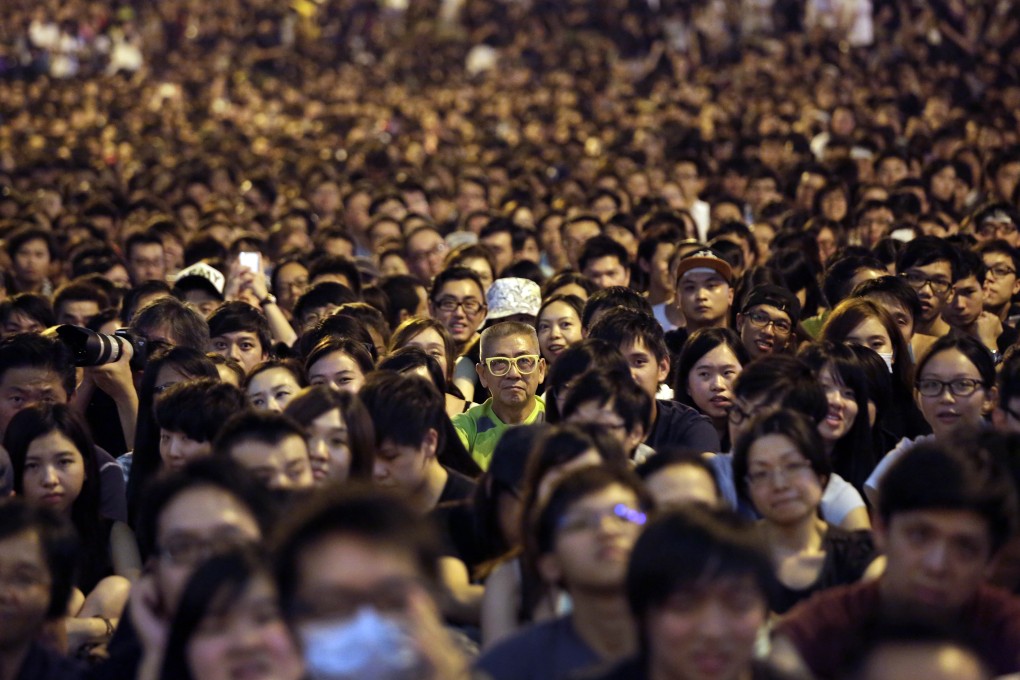Beijing's fear of separatism looms large in Hong Kong's political reform
Andrew Leung says though limits on 2017 election are here to stay, improvements can still be made

At this make-or-break moment in our political history, it is time for both sides to calm down a little. The Scottish referendum, while different from our situation, may offer some useful perspectives.
Like in Hong Kong, the political rift in the United Kingdom has been exposed. While 55 per cent of Scots voted to keep the union, some 1.6 million of them voted for independence. Disappointed Scottish nationalists are pressing for maximum devolution while Westminster hints at barring Scottish politicians from voting on English laws. Indeed, ripples of separatism and self-rule are spreading far and wide.
These repercussions must be anathema to Beijing. National sovereignty and territorial integrity are at the very top of China's "core interests".
How China's sovereign powers and Hong Kong's high degree of autonomy can work together is spelt out in the Basic Law. Against perceived contrary views, the State Council has seen fit to elucidate these powers in a white paper.
The Scottish referendum shows how precious the union is to Britain. In a similar way, while Beijing remains eager to see "one country, two systems" succeed, it abhors the risk of a chief executive being elected who may lead Hong Kong towards separatism. That's why Beijing would never give up the safeguards of a nominating committee in Article 45 of the Basic Law.